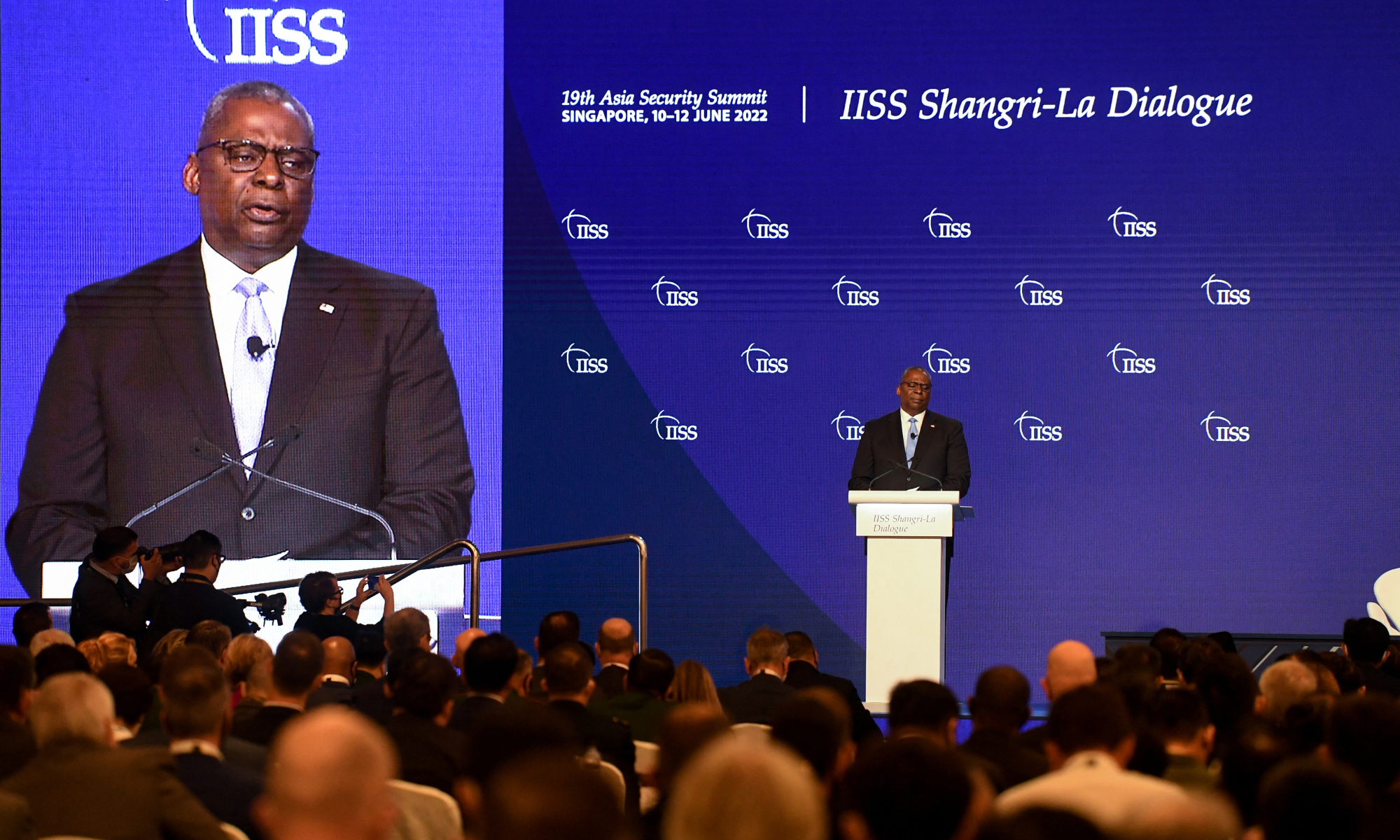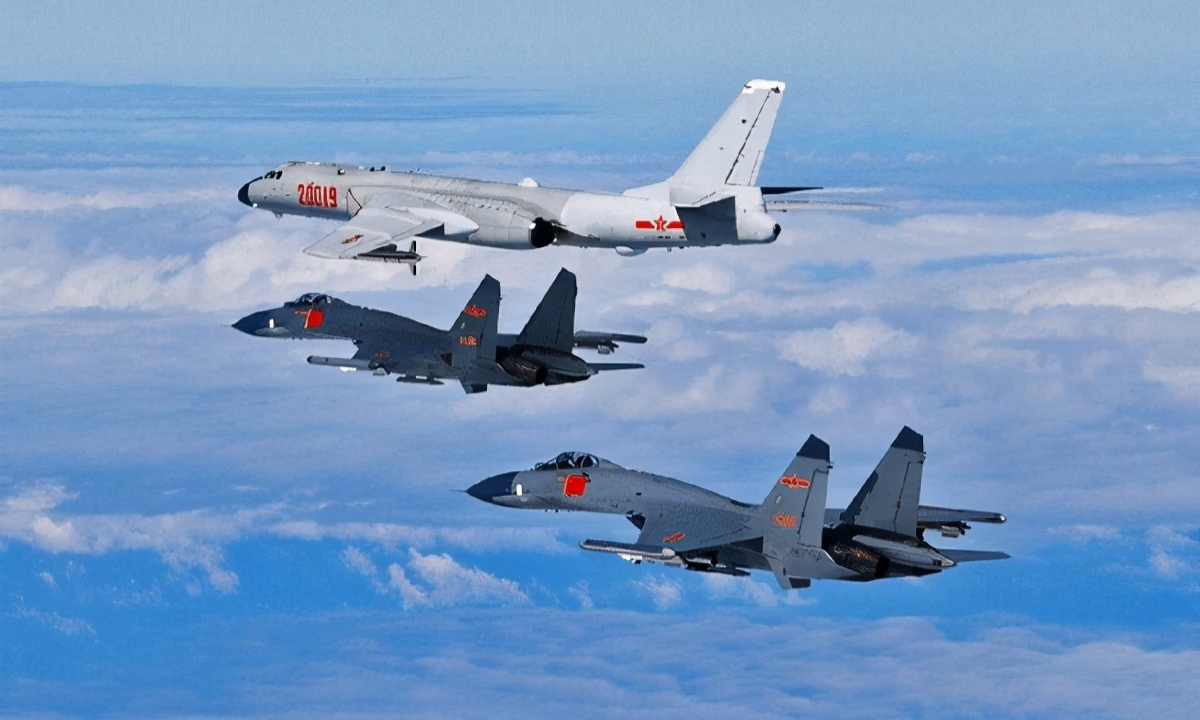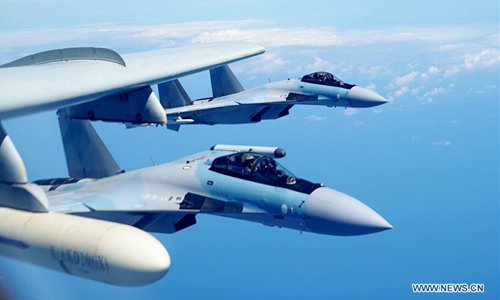Policemen carry out their duties for the 19th Shangri-La Dialogue in Singapore on June 10, 2022. (Photo by Then Chih Wey/Xinhua)\
Important topics on the agenda of the 19th Shangri-La Dialogue include China's vision on regional order, geopolitical competition control, and climate and maritime security.
SINGAPORE, June 11 (Xinhua) -- The 19th Shangri-La Dialogue, hosted by International Institute for Strategic Studies (IISS), opened here Friday evening after a two-year COVID-19 pandemic hiatus. Leading the Chinese delegation to the dialogue, Chinese State Councilor and Minister of National Defense Wei Fenghe will address a plenary session on Sunday. He is expected to introduce China's policy, principles and actions on safeguarding true multilateralism, regional peace and stability, and building a shared future for humanity. Wei, on the sidelines of the dialogue, are to meet heads of other delegations on international and regional situation, as well as bilateral cooperation on defense and security. Important topics on the agenda of the dialogue include China's vision on regional order, geopolitical competition control, and climate and maritime security.Since its launch in 2002 by the British think tank IISS with the support of the Singaporean government, the Shangri-La Dialogue, officially known as the Asia Security Summit, has been held annually except for 2020 and 2021. ■
Asean, global leaders discuss regional security after two years suspension - Delayed dialogue finally underway

Security check: A vehicle being screened before it enters Shangri-La Hotel while the dialogue gets underway in Singapore. — Reuters
THE 19th Shangri-La Dialogue began here after a two-year suspension due to the Covid-19 pandemic, focusing mainly on security in the Asia-Pacific region and viable solutions, including the China-proposed Global Security Initiative (GSI).
The three-day summit will hold seven plenary sessions, two ministerial roundtable meetings and three simultaneous special sessions for delegates from more than 40 countries to exchange views on regional and global security issues.
Senior defence ministers from South-East Asia and the wider Asia region, Europe, North America and the Middle East are also expected to attend and speak at the Dialogue.
According to the agenda, Chinese State Councillor and Minister of National Defence Wei Fenghe will address a plenary session and is expected to introduce China’s policy, principles and actions on safeguarding true multilateralism, regional peace and stability, and building a shared future for humanity.
A highlight of the summit is China’s GSI, seen as another global public good that contributes Chinese solutions and wisdom to address global security challenges.
Analysts said the initiative’s implementation will attract enormous attention at the Shangri-La Dialogue.
“We look forward to welcoming Wei Fenghe to the IISS Shangri-La Dialogue and to hearing his views at this critical time for the regional and global security order,” said James Crabtree, executive director of the London-based International Institute for Strategic Studies-Asia.
Mahmud Ali, associate fellow of the Institute of China Studies, University of Malaya, said China’s GSI can be interpreted as a step toward developing “a community with a shared future”.
The GSI views humanity as an indivisible, singular and united body sharing a single home planet, whose security affects every individual and society and therefore must be defended and advanced collectively, he said.
The expert believed that the vision has expanded the dimension of security from its “narrowly-defined political-military parameters” to “focus on the shared nature of planetary existence, dilute the emphases on divergences, and enable collaborative approaches to tackling trans-border challenges”.
Other topics for discussion include managing geopolitical competition in a multipolar region, the Myanmar situation, climate security and maritime security.
Meanwhile, analysts also cautioned that the United States may use Asia’s top security meeting this week to further pitch its Indo-Pacific Strategy, during which US Secretary of Defense Lloyd Austin will make a speech titled “Next Steps for the United States’ Indo-Pacific Strategy.”
Senior Colonel Zhang Chi, an associate professor at the National Defence University of China, told Xinhua that the United States has spared no effort in implementing its Indo-Pacific Strategy to isolate China, divide Asian countries and undermine the central role of Asean in the region.
Additionally, Washington is trying to stoke tensions in the region by stirring up sensitive security issues involving Taiwan and the South China Sea to establish a “Nato for the Asia-Pacific” to encircle China, he added.
“Its purpose is to contain China’s development, coerce or induce countries in the region to take sides with either China or the United States,” Zhang noted, adding that it will “destroy regional solidarity and harmony and cause split, or even conflicts”. — Xinhua
China draws security red line to US at defense ministers’ longer-than-expected first meeting
Chinese and US defense chiefs hold their first face-to-face meeting in Singapore on June 10, 2022. Photo: Li Xiaowei
The Chinese military won't hesitate to fight anyone who dares to separate the island of Taiwan from China, China's State Councilor and Defense Minister Wei Fenghe told US Defense Secretary Lloyd Austin during their first meeting in Singapore at the International Institute for Strategic Studies' (IISS) 19th Shangri-La Dialogue on Friday. With the purpose to use Taiwan island and topics on the South China Sea to hype "China threat," the US seeks to build an iron curtain between China and other Asian countries and to implement its "Indo-Pacific Strategy" by rallying allies, analysts said, noting that China is drawing a bottom line by reiterating its firm stance on the Taiwan question. After being canceled for two years due to the COVID-19 pandemic, the IISS 19th Shangri-La Dialogue is taking place in Singapore from Friday to Sunday. The talks between Wei and Austin on Friday were the first meeting between Chinese and US defense ministers since Austin took office in January 2021. Topics on the island of Taiwan, South China Sea, and the Ukraine crisis had been discussed at the defense ministers' meeting.
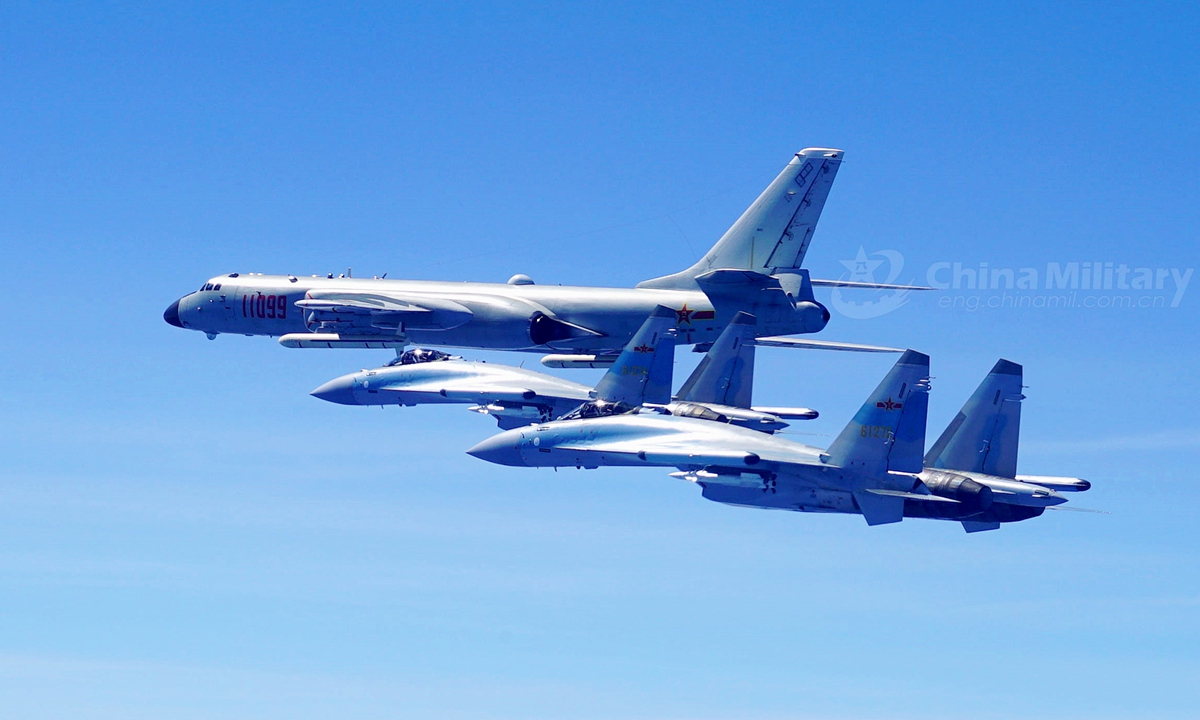
Analysts noted the US should also immediately stop arms sales to and military cooperation with the island of Taiwan, stop the highly frequent close-in reconnaissance on China as well as stop stirring up regional confrontation and security tensions in the Indo-Pacific region.
US' Indo-Pacific Strategy is aimed at maintaining US hegemony, creating divisions and fanning confrontation, the Chinese delegation said, refuting US ...
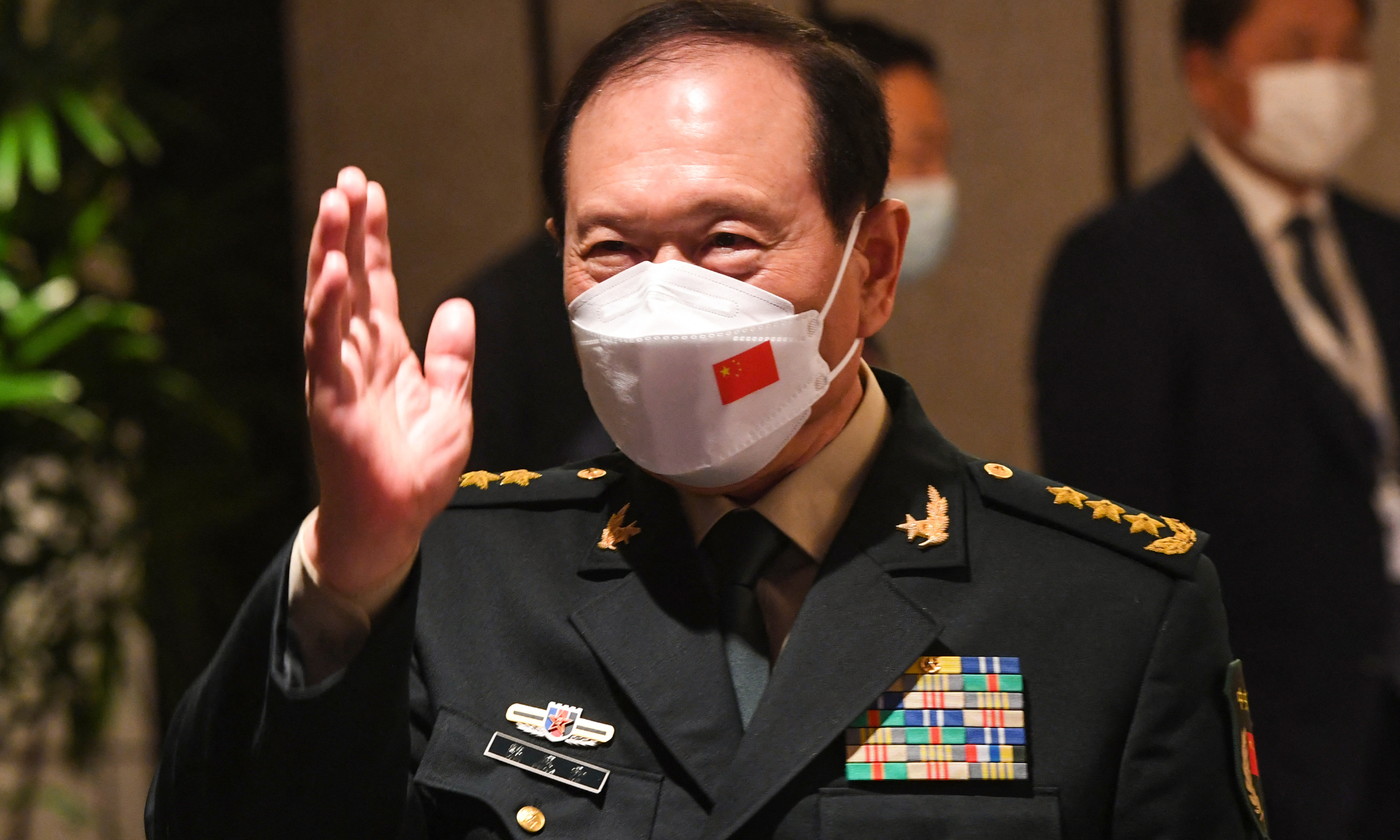 China
engages US and regional countries at Shangri-La dialogue 'with
confidence, determination to safeguard sovereignty, national interest,
regional peace'
China
engages US and regional countries at Shangri-La dialogue 'with
confidence, determination to safeguard sovereignty, national interest,
regional peace'
The Chinese military delegation engaged in a series of dialogue and meetings with the US and other Asian countries including South Korea and Singapore, as well as the leader of Singapore, during the ongoing Shangri-La Dialogue, which successfully made clear China's stance on safeguarding regional peace and its determination to defend itself against all offensive attempts that could harm China's sovereignty and national interests.
China engages US and regional countries at Shangri-La dialogue 'with confidence, determination ...
The Chinese military delegation engaged in a series of dialogue and meetings with the US and other Asian countries including ...
The Shangri-La Dialogue focuses on military security agenda, the most sensitive area in relations between countries. This US-Western-dominated forum has left a deep impression on people that it has been targeting China. China sent its defense minister to ...



